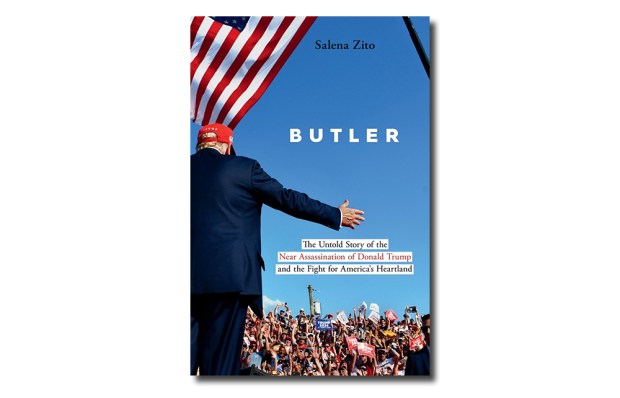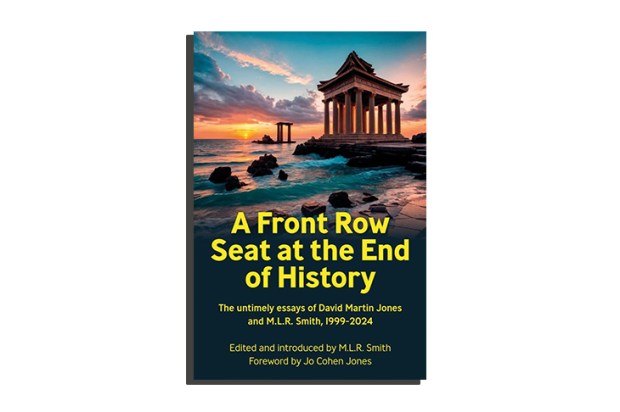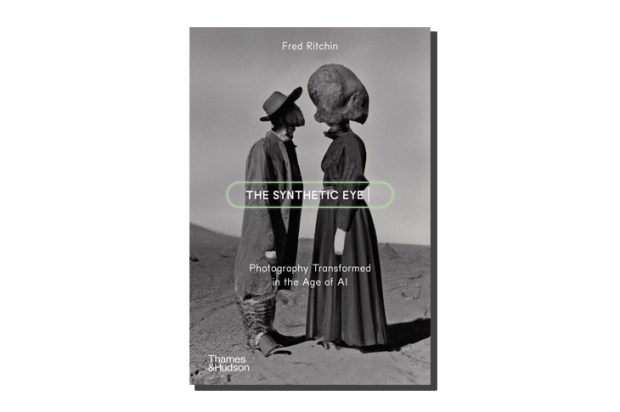Well before Trump’s re-election there were serious signs that woke and identity politics had peaked. In the 2023 blockbuster Harvard admissions case a majority of the United States Supreme Court demolished Harvard’s admissions policies holding that the court could no longer tolerate endemic discrimination against members of some groups in the name of advancing the interests of members of other groups. In the same year in both Australia and in Ireland the people had prevailed over mind bogglingly bad ideas to entrench wokism or identify politics in constitutions. It was around that time that even the Financial Times and New York Times speculated that woke and DEI might be a passing phase. Indeed, six weeks prior to Trump’s re-election the Economist produced a study which found that woke had in fact peaked as far back as 2021-22 and was receding.
It was in this context – and prior to the insurrection against identity, woke or DEI in the 2024 US presidential election – that Peter Kurti produced a singularly Australian contribution to the much under-asked question: we know we have a problem, but where to from here?
This collection of essays by an all Australian cast published by Connor Court has its contributors asking: in an age if identity politics, who are we? What makes human beings, indeed Australians, tick? Is there a future which extends beyond the now warring tribes?
At the time of publication in the middle of last year the book seemed destined to the remainders bin. Yes, there was some pushback against woke, but on the whole there seemed no end in sight. The woke zeitgeist continued unabated and sensible discussion looking to diagnose, analyse and offer solutions was lost in the cacophony and cancel culture of the DEI cheer squads.
However Kurti’s trademark patience and prescience has been rewarded. In the wake of the Trump victory, with many of the wokest global corporates abandoning DEI, we are witnessing the crumbling of a large bulwark of the identity politics edifice. Given the institutional fortifications that have been established by DEI practitioners within bureaucracies, corporates and all significant institutions in society, conservatives should be a long way from declaring victory. But there are now serious, smart and influential people admitting that the DEI experiment has not only not worked, but that within workplaces and organisations it has created new kinds of risks. Amongst elites, something has changed: its now OK to question it.
This begs the question, how do we emerge on the other side of this counter-revolution? Which is why the contributions in Kurti’s book have more salience. Kurti’s own contribution shows a deep grasp of the myriad problems wokeness and identity politics have wrought. He deftly exposes why identity politics is more than a plea for acceptance and tolerance but instead a demand for public recognition of group members as bearers of a particular identity that brings with it an entitlement to superior standing, and special support in society. This he argues has led to the augmentation of society.
The most pragmatic and direct of all the contributions are the voices of indigenous essayists who take on the failed assumptions of the failed Voice referendum. From Alice Springs, Bess Nungarrayi and Dave Price say the fundamental problem of the Voice was that it never honestly identified the real problems in the first place. Wesley Aird agrees, describing the Uluru Statement from the Heart as a manifesto in search of a problem. He says that future governments must focus entirely on funding needs, and never race. Sean Jacobs draws on the wisdom of the late Neville Bonner to maintain that restoration of democratic and civic integrity in remote communities is essential – and that the future must be grounded in a relentless focus on individuals and not institutions.
More esoteric contributions from the late, great Kevin Andrews and Scott Cowdell do a good job on identifying the problems. While fellow essayist Joseph Forgas explores the interesting Marxist origins of identity politics, Andrews looks more broadly to an array of modern and ancient philosophers, historians, political scientists and sociologists to identify the point on the spectrum of the development of Western civilisation in which we find ourselves. Cowdell invokes W.B. Yeats in The Second Coming as the context for his identification of a new front emerging between the quiet Australians versus the urban elites. He charts a pattern of passionate intensity on both sides of the political spectrum, which has spawned a descent into ‘rivalrous madness’. Psychiatrist Tanveer Ahmed explains why the modern obsession with group identity produces a society stuck in endless rounds of counterproductive and fundamentally harmful group therapy.
In the context of how to remedy a society which has become hostage to identity, three essayists propose solutions of a kind. Cowdell says we need more Christian sensibility, Kennedy says focusing on family is essential and Andrews similarly says we must embrace common ideals, respect the principle of subsidiarity and insist on tolerance. However, all of this is likely easier said than done in a now highly pluralist society which no longer looks remotely like the 1950s.
Demanding a clear answer to how we emerge from the tumult of our times would be too much to ask. We’re living through history and everyone knows it. The contributions curated by Kurti are thoughtful and welcome antidotes to the madness of the culture war that not so long ago seemed lost by those of us who would conserve the best of our society, but whose protestations and arguments now have a new responsibility and lease of life.
Got something to add? Join the discussion and comment below.
Louise Clegg is a barrister.
You might disagree with half of it, but you’ll enjoy reading all of it. Try your first month for free, then just $2 a week for the remainder of your first year.













